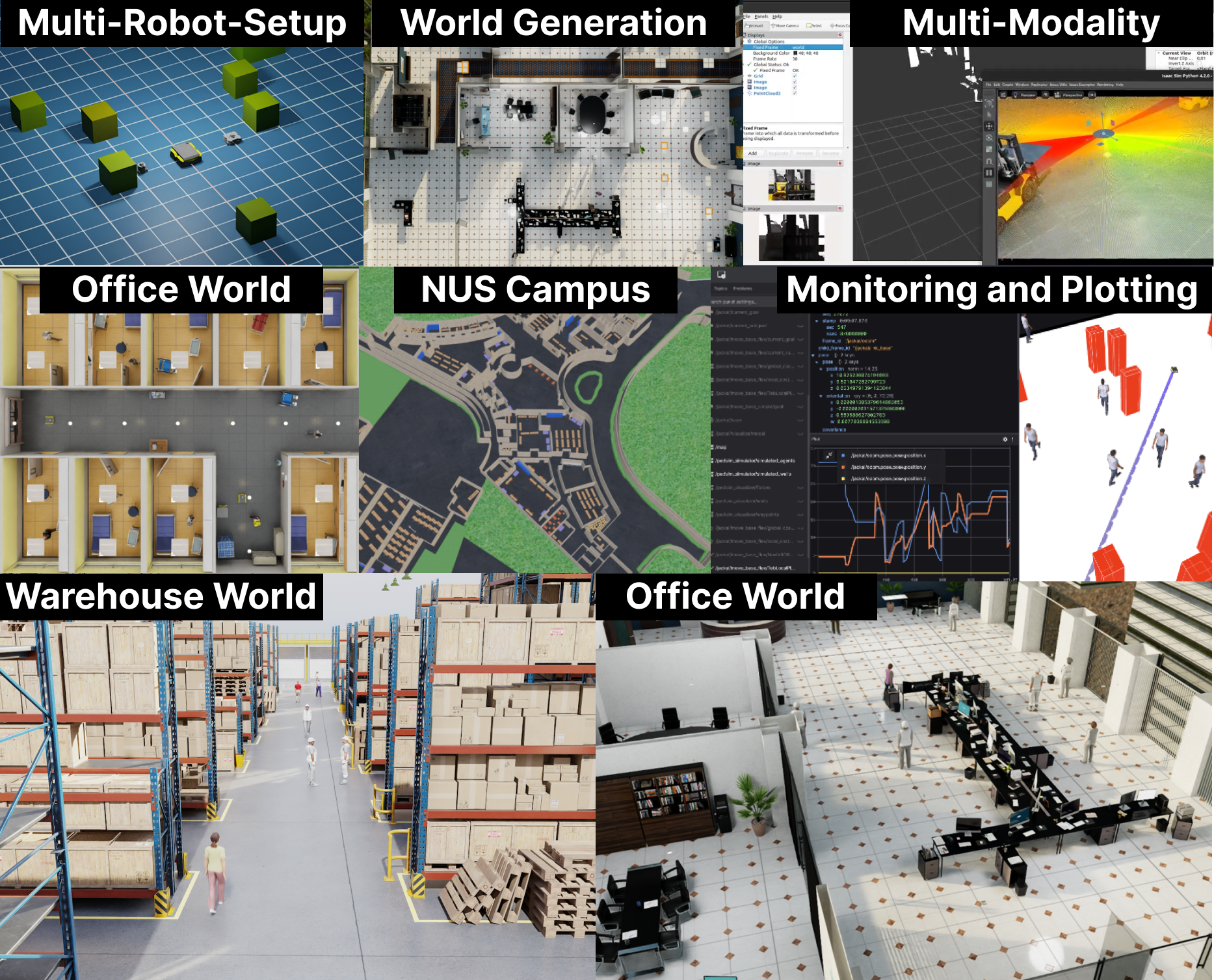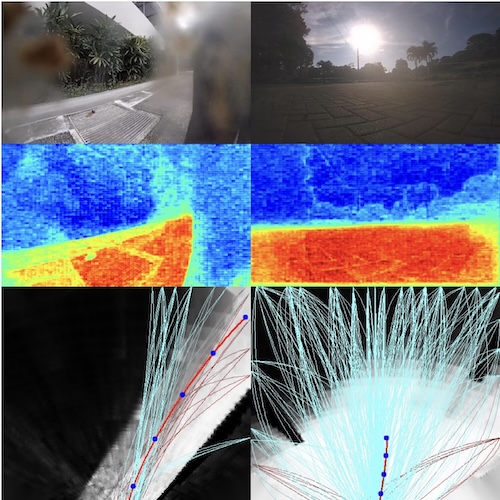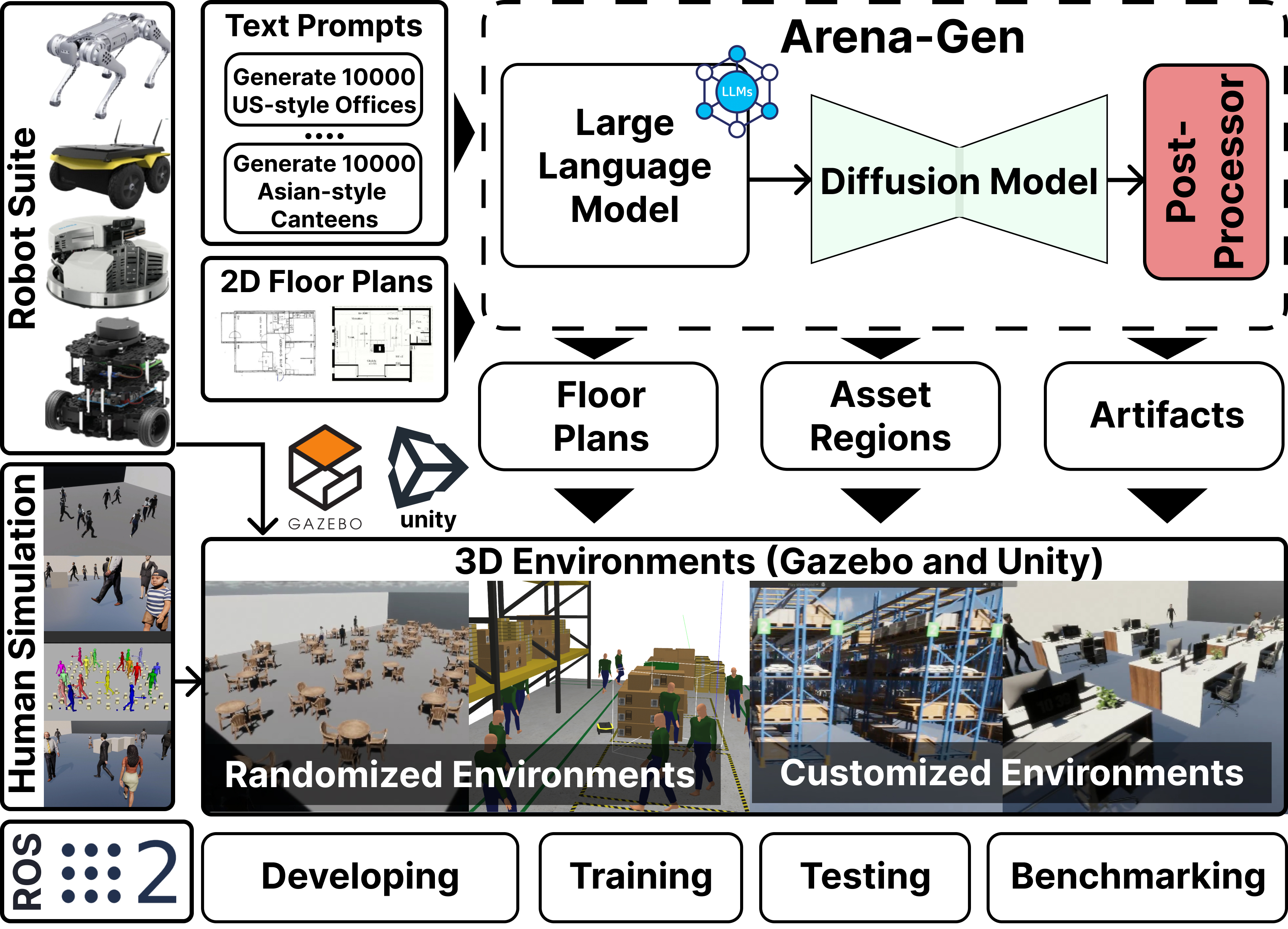SCALES: From Fairness Principles to Constrained Decision-Making, Sreejith Balakrishnan★, Jianxin Bi★, and Harold Soh★, AAAI/ACM conference on Artificial Intelligence, Ethics and Society (AIES)
Links:
This paper proposes SCALES, a general framework that translates well-established fairness principles into a common representation based on the Constraint Markov Decision Process (CMDP). With the help of causal language, our framework can place constraints on both the procedure of decision making (procedural fairness) as well as the outcomes resulting from decisions (outcome fairness). Specifically, we show that well-known fairness principles can be encoded either as a utility component, a non-causal component, or a causal component in a SCALES-CMDP. We illustrate SCALES using a set of case studies involving a simulated healthcare scenario and the real-world COMPAS dataset. Experiments demonstrate that our framework produces fair policies that embody alternative fairness principles in single-step and sequential decision-making scenarios.
Resources
You can find our paper here. Check out our repository here on github
Citation
Consider citing our paper if you build upon our results and ideas.
Sreejith Balakrishnan, Jianxin Bi, and Harold Soh. 2022. SCALES: From Fairness Principles to Constrained Decision-Making. In Proceedings of the 2022 AAAI/ACM Conference on AI, Ethics, and Society (AIES ‘22). Association for Computing Machinery, New York, NY, USA, 46–55.
@inproceedings{10.1145/3514094.3534190,
author = {Balakrishnan, Sreejith and Bi, Jianxin and Soh, Harold},
title = {SCALES: From Fairness Principles to Constrained Decision-Making},
year = {2022},
isbn = {9781450392471},
publisher = {Association for Computing Machinery},
address = {New York, NY, USA},
doi = {10.1145/3514094.3534190},
booktitle = {Proceedings of the 2022 AAAI/ACM Conference on AI, Ethics, and Society},
pages = {46–55},
numpages = {10},
location = {Oxford, United Kingdom},
series = {AIES 22} }
Contact
If you have questions or comments, please contact Sreejith.
Acknowledgements
This research is supported by the National Research Foundation Singapore under its AI Singapore Programme (Award Number: AISG2-RP-2020-017).





